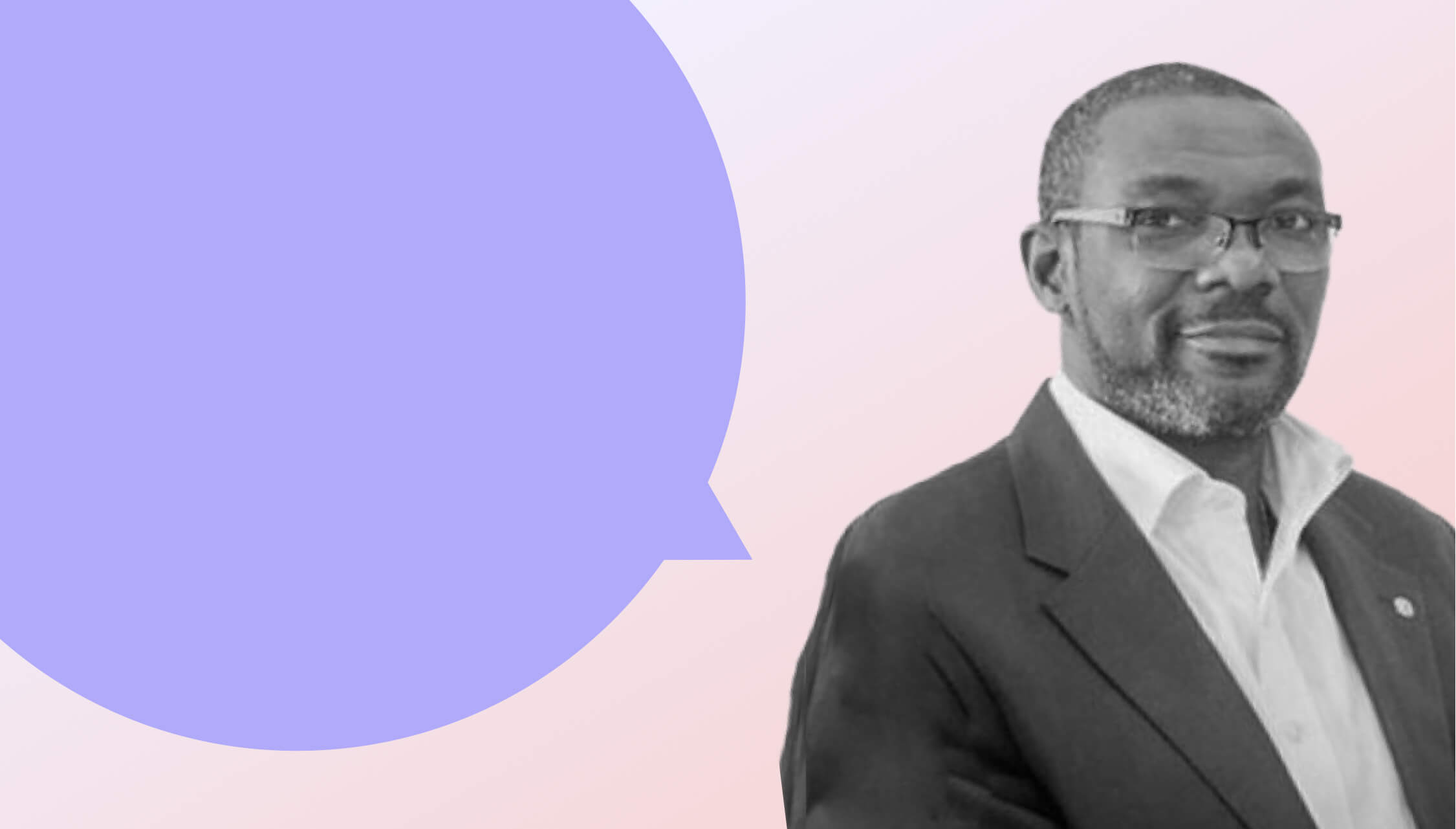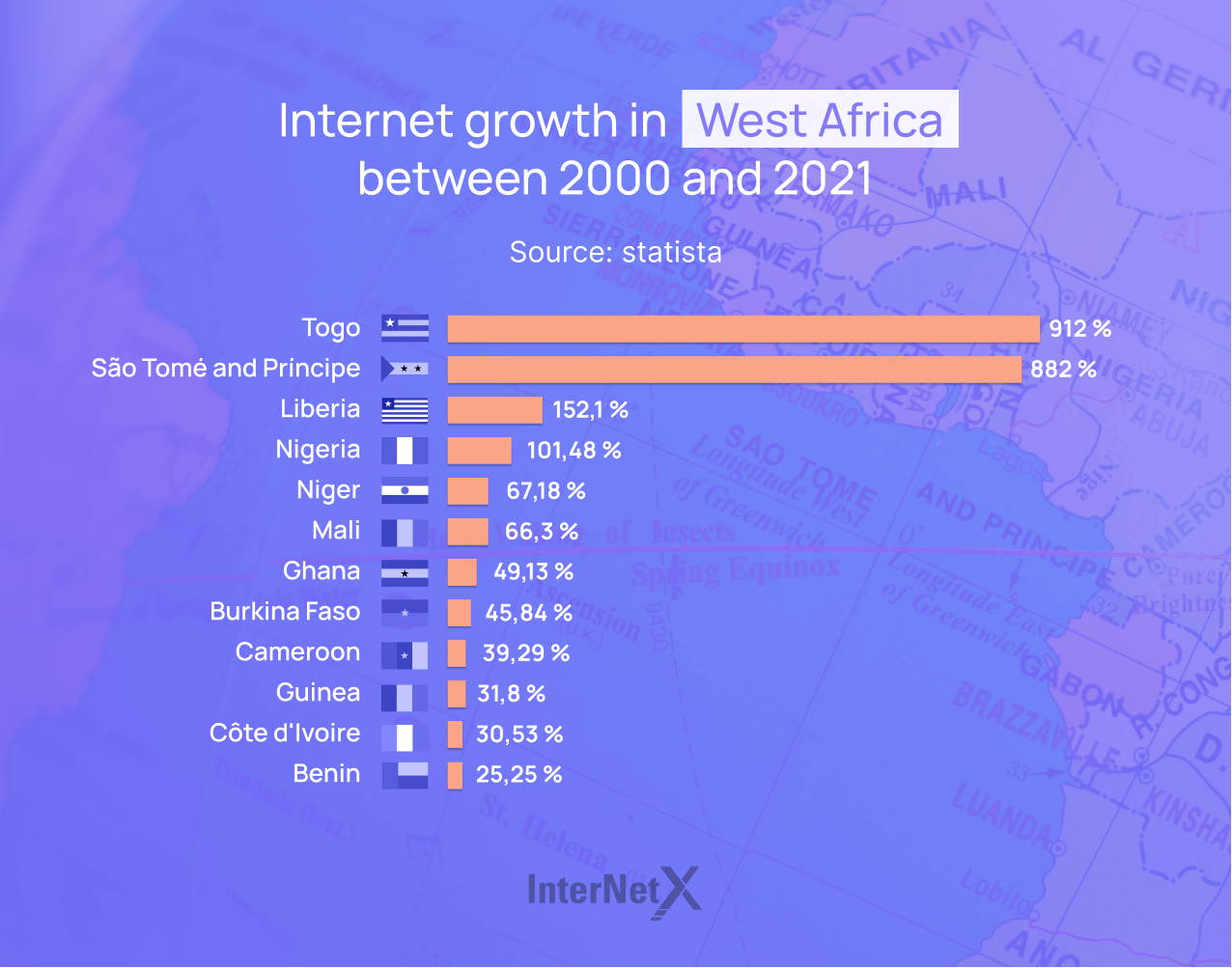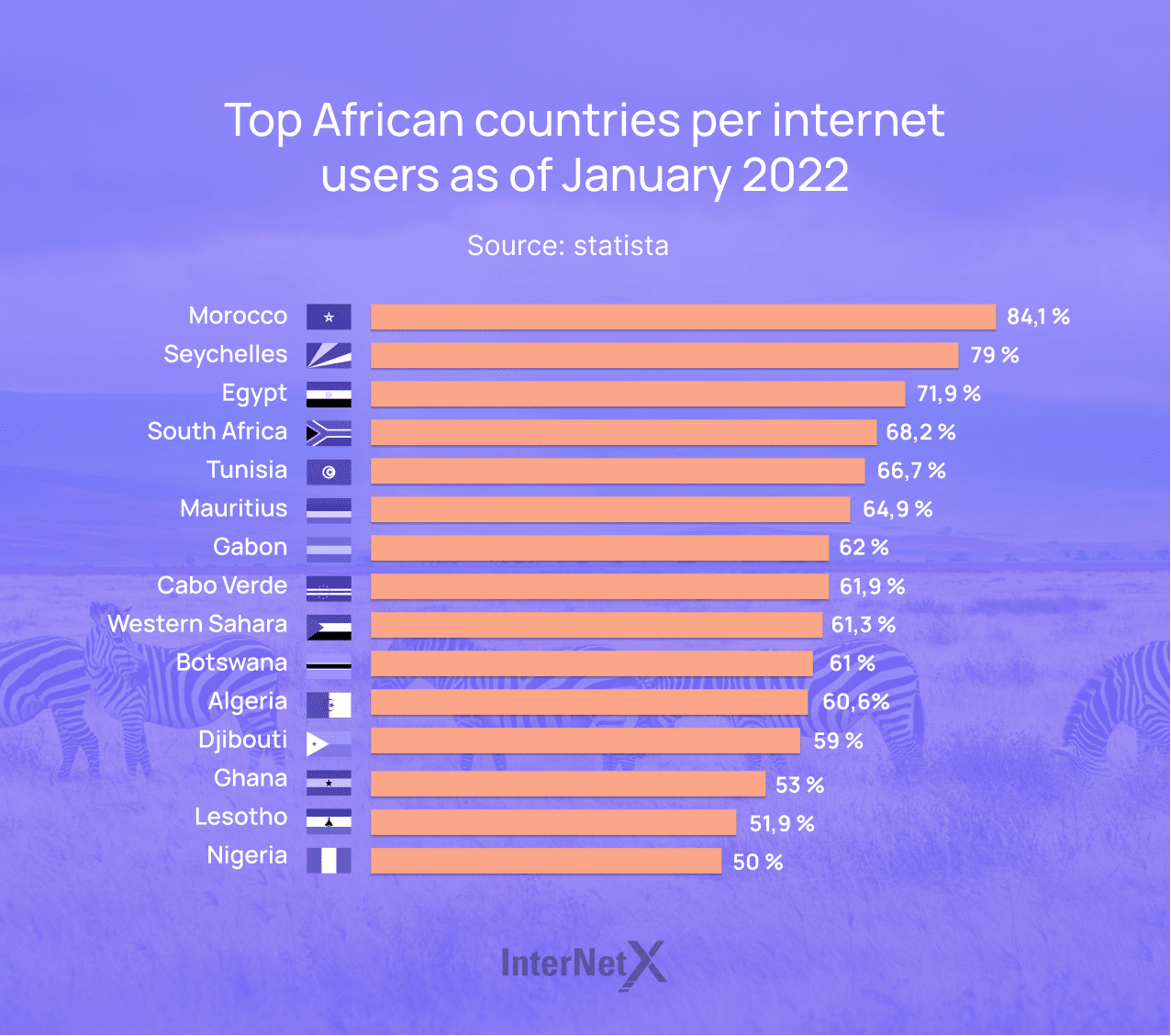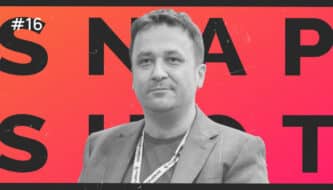
It’s all about domains… | Adiel Akplogan (ICANN)
From establishing TCP/IP in Togo with the first African ISPs to lead AFRINIC and expand capacity-building globally with ICANN. Adiel Akplogan is a true internet pioneer who helps keep the DNS secure and resilient so we can use what we love most: Domains!
Published by

Simone Catania
Date

Every region has its heroes and Adiel Akplogan has played a major role in building an active internet ecosystem in Africa. Not surprisingly, he is considered one of the continent’s internet pioneers!
Between 1996 and 1997, he helped establish the first TCP/IP connection in Togo, his home country, sharing expertise through training and supporting the expansion of regional internet deployment in several African countries developing the first West African Internet Service Providers (ISPs). In 2003, he was among the founders of AFRINIC, Africa’s first regional internet registry (RIR), which he led until 2015.
Today Adiel serves ICANN as Vice President of Technical Engagement but has not lost sight of the development of his home region. We met him to chat about his job and learn more about the African continent’s DNS and internet ecosystem. Don’t miss it!

The internet will not be what it is today if we don’t make sure that it runs resiliently and securely. Most of our efforts are around building resilient internet growth.
1. You helped develop the internet in Africa during the early stages. What were your greatest achievements during those years?
My professional journey on the internet started long ago. And today, I can tell you that the internet has evolved beyond what we would have thought when we began more than 30 years ago. First, it’s important to remember that when you talk about achievements connected to the internet, it is never a solo achievement. It’s a community movement.
My biggest accomplishment was building a bottom-up community in my region that would embrace the principles behind the internet and gain the right people’s attention to build an ecosystem.
In the first phase of my career, I helped develop the first West African ISPs. I ended up leading an ISP myself and we were able to provide connectivity and innovate other areas allowing people to move away from some technologies that did not reflect the local needs.
Coming from a French-speaking country, we had a deeply ingrained culture around tech like Minitel, which is very French-oriented. We managed to create bridges and gateways for fax and voice systems to use the internet. This enabled something that I’m particularly fond of: democratizing the internet and bringing technology close to people’s needs.
The second phase of my career was at AFRINIC. We had ten years of successful registry operations with great capacity-building programs. I’m proud of having brought a regional internet registry (RIR) to Africa to serve the local ISPs. Coming from an ISP myself, I knew how difficult it was to get access to IP addresses. A local registry provided those resources based on the region’s needs. We could interconnect with our peers in the world and interact with others working on the network.
Although I’m working more globally today, I am still helping and supporting small operators in emerging countries and Africa and I continue to build capacity around security and DNS.
2. How would you describe the current state of the internet ecosystem in Africa? What are the challenges and opportunities for the internet community there?
Today the internet has spread all over the continent at unprecedented levels and the ecosystem has evolved a lot. If you compare it to only a few years ago, there has been an enormous jump. A critical mass of people use the internet in many different ways.

Two key factors have raised the penetration level on Africa:
- Investments around infrastructure on the continent, like fibers.
- The adoption of mobile operators who provide affordable internet, as mobile phones are more accessible to the population.
I am thrilled to see how this technology and community-led work has given a region like Africa, with limited economic resources, the opportunity to create communications and access to information. This result was possible in the continent through capacity-building activities and support from some institutions that helped operators get together. This was exactly my mission while working for the African continent. Most of my energy at AFRINIC was channeled toward building a stable organization that could support and develop the internet we know today.
Find perfect domains
Africa now needs an innovation ecosystem with startups that can solve local issues. Globally, the internet has evolved and apps and usage is growing at an impressive speed. The priority for the following years is to have enough interest for investments and capital to come into the region. We need startups that produce content and services for the local communities. You can have different usages and adaptations but, at the end of the day, you must develop an ecosystem of applications that solve local problems.

3. Today, you are Vice President of Technical Engagement at ICANN. How do you help the global community around the DNS?
My work is directed toward the technical community. I coordinate different projects across all the different levels of the organization and check that we are running them in line with ICANN objectives and goals. I execute these three main activities:
My tasks at ICANN
- Ensure ICANN establishes good collaboration and partnerships with other technical organizations like the IETF, ISOC and others.
- Promote DNS best practices, i.e., ensuring that the DNS is run securely and does not pose a threat to the global internet. We promote resiliency, security and stability through capacity-building activities and support operators struggling with secure DNS.
- Run technical activities within ICANN. We have a top-notch research team that runs measurements around identifiers and the DNS. My team’s role is to help promote this work and help operators understand how the DNS is run globally and how it impacts the stability of the internet.
Any organization concerned with the internet should take DNS security seriously and include proper countermeasures. Find out the most common DNS attack methods and explore best practices to mitigate them in our article.
4. Why is it important to engage the internet community around secured DNS operations?
The internet will not be what it is today if we don’t make sure that it runs resiliently and securely. Most of our efforts are around building resilient internet growth. Although ICANN’s work focuses mainly on identifiers and the DNS, we need to ensure that the operators do not jeopardize the security and stability of the global internet, in Africa as well.
We must ensure that there is a continuation of what has been successful so far. This entails assuring that people who have an impact or have a stake in running the internet engage with security discussions and help implement what is needed to keep it secure and employ it resiliently. For example, we’ve launched the KINDNS initiative. It stands for Knowledge-Sharing and Instantiating Norms for DNS and Naming Security and its objective is to promote and develop best practices for secured DNS operations.
The challenge lies in the nature of the internet. It is a voluntary-based technology that requires participation. We don’t overlook the fact that there must be a balance on the economic aspect as well, since running an infrastructure requires money and, when you invest, you want an ROI. But this is why we need global balance regarding this matter.
Standards and norms have been developed by experts in the past thirty years and more. The adoption is still voluntary, so we need to work more on raising awareness about the importance of these best practices and focusing on global stability beyond narrow view interest.
It is a long journey, but we must look at the big picture. We are all interconnected on one internet. Only one tiny change in the DNS can impact everyone and the whole network.
5. Are there any trends concerning ccTLDs and new gTLDs in Africa?
If there is a trend in the domain space, it is probably the growth of African ccTLDs. While on the other side, new gTLDs seem to be far removed from the needs of most African countries at the moment. There is a clear explanation for this. People in Africa are still working on developing content. If you have a TLD, it is to provide a service or content. If you don’t have this content to offer, you don’t need a domain name.
According to our Global Domain Report 2022, many African ccTLDs are growing exponentially. The country codes TLD for Gambia (+56.9%), the Central African Republic (+29.3%), Mali (339.4%) and Equatorial Guinea (31.4%) achieved double-digit growth.
But now the digital service ecosystem, in general, is growing and the domain industry is following. In the past, there was a general tendency towards legacy TLDs like .com and .net. African countries are now too late to tap into this trend as most of the short domains under these extensions are unavailable. The new gTLD scene is not particularly relevant. The geoTLD .africa is being used as the African digital landmark. People mostly turn to ccTLDs since they feel “close” to them.
Furthermore, their services are local, so identification through the ccTLD provides an advantage. There is also growing interest towards IDNs. They will further the internet’s growth in Africa in the coming years.





